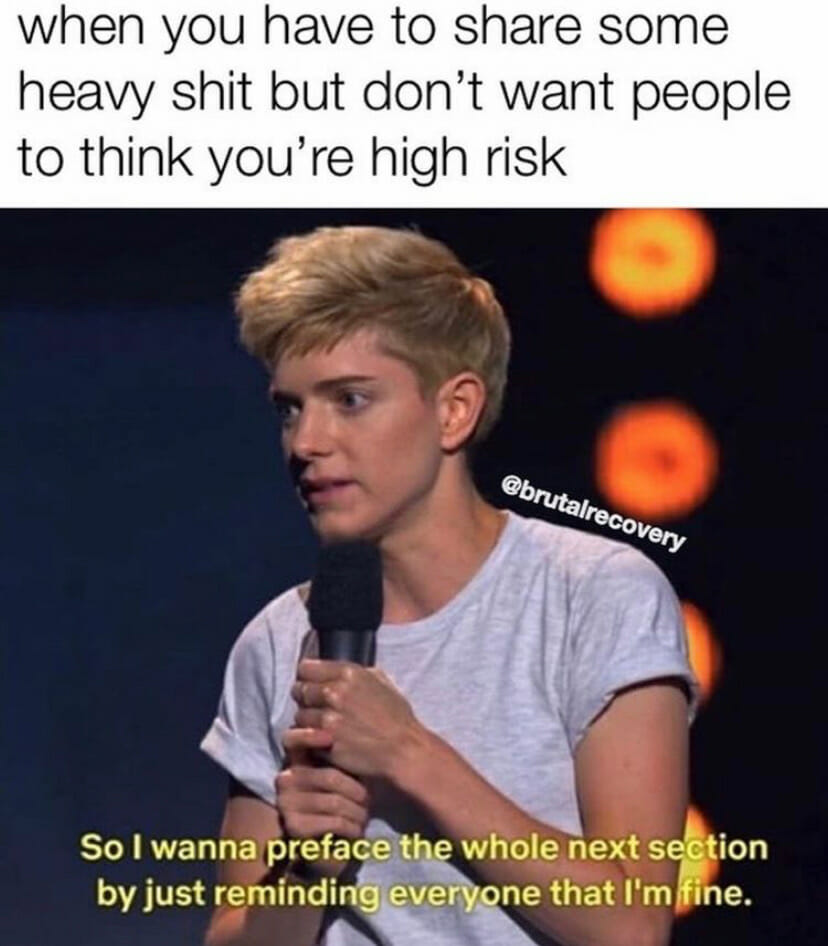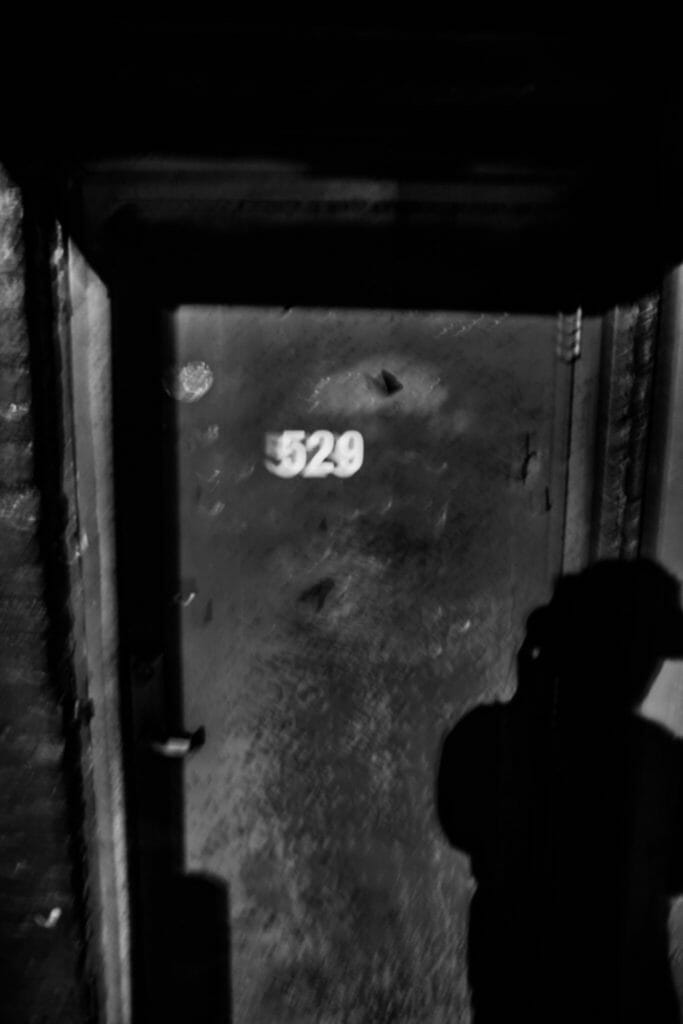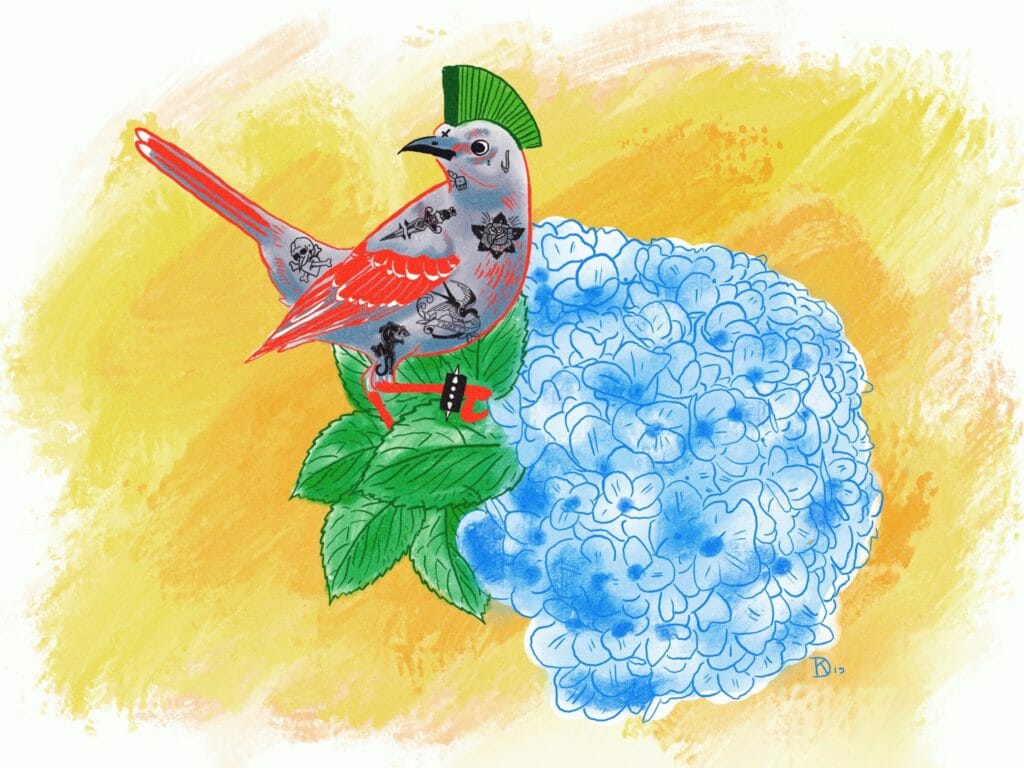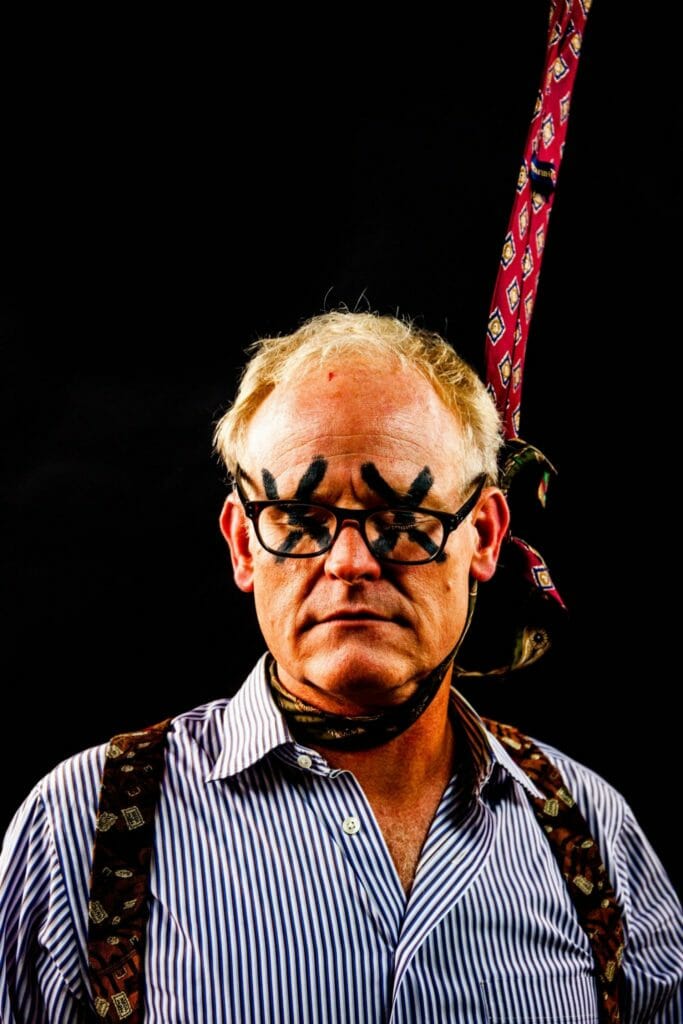CONTENT WARNING: This piece is very heavy and includes descriptors of sexual trauma. If you live for heavy, then this piece lives for you. Also, please note that the author of this piece is not an expert on trauma; she is merely a person in recovery, and many of the thoughts here are ones she has collected on that road of recovery. These pieces are part of a larger collection entitled Swamp Tour. Part I remains unpublished.

12.13.19
Trauma
trau·ma/ˈtroumə,ˈtrômə/noun :
a deeply distressing or disturbing experience.
I woke up this December morning, crying.
But I later learned I’m not the only one that did.
After a couple minutes, I reached for my phone and robotically opened my Instagram account. I peered through the fragile slits of my eyes to seek some form of comfort, relief. For upon awakening, my thoughts were reeling and tears were brewing, as my mind and body having been in the process of breaking free from cycles of trauma and abuse that my spirit has endured for a lifetime, maybe more. Yesterday was especially heavy, and my head felt like it weighed a thousand pounds in an emotional hangover. This is standard during the winter solstice, when the sun stays hidden save for sparse moments of the day or week.
Yesterday, things I keep buried were activated in a confrontation I had with someone I love very much. Someone I love deeply, but who nonetheless has (I believe, accidentally) hurt me very much over the years. We all have at least one of those, I think.
I bury these things, like many others do, so I can put on a mask and function, or at least pretend to function, in this world. Man, the lengths we go to be or appear to be stable and secure in such an unstable and gaslighting world … even after it becomes part of our conditioning, it begins to feel like we’re lost as we get caught up in pretending. Our masks become glued, and our authentic selves become untethered. It is exactly, I feel, as Yeats once wrote: “The falcon cannot hear the falconer; things fall apart … the center cannot hold.”
There’s almost nothing unique about my story — addiction, eating disorder, being raped, belittled, abandoned, traumatized — but that doesn’t make it less fucked up. These types of things shouldn’t happen to anyone, much less happen to so many people that it becomes commonplace. And no one should try to gloss over these experiences by noting their commonality to make them appear less fucked up — especially when that’s the most fucked up thing about them. Those things that I thought for years separated me from others, these trials and tribulations, were not pulling me apart from everyone, but actually made me a part of something. A part of a bigger picture, an entire sea of fucked up. ’Cause it envelopes so many of us.
On average, there are 433,648 victims of rape and sexual assault each year in the U.S.
Being a survivor of rape and sexual assault is not uncommon, at all. Being a trauma survivor is even less uncommon. More than 6 in 10 U.S. youth have been exposed to violence and traumatic events in the last year. Further, in the U.S., 61% of men and 51% of women report exposure to at least one traumatic event in their life.
That’s the supremely fucked up part about it, the commonness of it all. It’s also the part that so many of us use to try to escape that bone-crushing feeling. The part we try to use to normalize and sanitize these unearthing horrors and traumas that have become so embedded in us, whatever they may be and whatever form they’ve decided to take in our bodies, our patterns, our thoughts.
But this morning, lying in bed, I found myself unable to keep that heaviness at bay — instead, I sank into it. As I scrolled mindlessly through Instagram, my eyes swollen, cheeks tear-stained, head cloudy, I stumbled onto a random account while reading comments on a post by @aclu_nationwide. Next thing I knew, I was reading conservative mumbo jumbo fighting over the “morality clause” that we are all apparently tied to and connected by: the one that says it’s wrong to kill innocent people. This person’s account had the words “common sense” in it, implying that if you didn’t agree, you must be an idiot. I immediately felt the singe of hypocrisy behind this righteous facade, because it is also common sense that this “morality clause” doesn’t mean shit to the American government, except when being used in the argument to protect unborn babies. Non-living lives warrant more protection from the U.S. government than the living do.
There are certain parts of the internet containing threads that, when you somehow meander into them, make you feel like you just walked in on seeing yourself being thrown up against a wall and beaten, with your mouth taped shut so you can’t say a single word. If you do speak up, it only gets worse. Not only are you berated in other users’ comments, but you are blamed for being treated as such. Essentially, you asked for it by being there and saying something. (Man, rape victims can’t get a break, huh?) People speak openly in these spaces as if it’s harmless, as if no one will walk in and absorb their vitriol, much less speak against it. I scrolled and watched people debate over the right to choose. The account holder spewed “facts” and cited “studies” that 100% of women who “chose life” after rape were happy with that “choice.” These same “studies,” they said, showed that a significant number of rape victims who “chose otherwise” were “unhappy” with that “choice.”
I mockingly write choice in quotations, because in cases of rape and assault, a person’s choice has been temporarily removed and supremely violated. Whatever the specifics of the case, the victim has been forced into a situation against their will and therefore, making a decision truly based in free will and choice under such traumatic conditions is imaginably insanely difficult. Many victims, myself included, find it difficult to continue choosing their own lives after rape. Rape victims are 4.1 times more likely to have contemplated suicide than non-crime victims. Further, rape victims are 13 times more likely to attempt suicide than non-crime victims. Most victims, again like myself, find it difficult or impossible to even report the rape. A 2014 report by the Department of Justice estimated that only 34.8% cases of sexual assault are reported to the authorities.
A memory I’d logged away in my mind came flooding back into my awareness, like a book that had been propped up on a shelf suddenly tumbling down and falling open. Disassociation only works for so long; every once in a while, something will provoke and awaken the sleeping giant we’d spent years putting to bed. This morning reminded me of another social network experience I’d had not too long ago—though, having transcended certain barriers in my personal recovery, it feels like it could have been another lifetime ago. Today, however, the comments I’d read—anti-choice rhetoric juxtaposed with judgements of rape and assault victims—took me right back to that moment, giving me the impression that these folks may have forgotten the #metoo movement that culminated in 2017.
Witnessing #metoo in its original constructs affected me in such a way that I felt called to write about my experience alongside the many others who showcased a certain class of bravery; but it took me writing it out to realize I hadn’t acquired that degree of bravery quite yet. Fear halted my story’s publication, whether that was to be in a small literary journal or a social media post. I didn’t want anyone to think I was unstable or emotionally unhealthy (even though, at times, I was). I didn’t want anyone to see me as a victim.
These were my words as I wrote them then, knowing deep down I wouldn’t turn it over to anyone for publication:
October 2017
#metoo.
My mind was racing, yet it was static. Bombarded with memories falling back into place, going in and out of focus as I was beginning to piece things throughout my life—past and present—together into some sort of cohesion to finally make sense. Therapy and other regiments appeared to be working, much to my discomfort and to the affliction of my newfound peace of mind I’d received after 18 months away from a drink or drug.
I wondered how long that would last.
One day, during this time of October 2017, I turned to social media for some distraction, some sort of means to peer out of what seemed to be a crash course in Existentialism 101 (Why are we here? Why is this happening? What is the meaning of all of this? What’s the point?), hoping to fall into a stream of memes and combative commentary fields of political nonsense. (Aunt Nancy commented on Uncle Brent’s status and said what?!) This method of distraction has been proven to work, albeit not very successfully or with long-term results. But in terms of instant gratification and a fleeting sense of relief as a means to forget, even if just momentarily, to turn my bitter anger and powerlessness into justified and relentless self-righteousness, for a chance to point my fingers away from me and what happened to me, Facebook was a place to turn.
And so I did, on this day in October 2017, just like many other times before it. Except this time it was different, as the social network had caught fire with the #metoo movement. My newsfeed was flooded with stories from women I knew, women I didn’t really know, women I admired, women I couldn’t stand, women I didn’t remember meeting, women I loved deeply, telling their personal stories, exposing themselves. Childhoods, schools, workplaces, grocery stores, gyms, bars, clubs, coffee shops, busses, sidewalks, subways, parking lots. Uncles, fathers, boyfriends, ex-boyfriends, husbands, ex-husbands, extended family, grandfathers, cousins, bosses, police officers, door guys, strangers, friends. Every story was riddled with different locations and different characters, but with the same antics and all complete with the same signature: #metoo.
My mind wandered into old places, memories, and thoughts that I’ve come to know—for lack of any other way of knowing—to be the valley of the shadow of death. In this particular room my mind has gone, I am 16. I am 16 coming out of a daze, the kind of daze brought on by days of day drinking. The fog lifts from this daze and I come to from a blackout. I am 16 and my head is facedown buried in pillows, being slightly crushed by my own body that was being thrusted forward and backward again in awkward and painful movements.
I wish I could write to remember the details of how I got there, the events that led up to this moment. I wish I could tell you more about this man, give you more of a backstory. I could venture to tell you about the posters that adorned his wall, as to give more insight into what kind of person he was. I would speculate so much as to take a guess that a 31-year-old man living with his mother in Sarasota, Fla., may have had a Bonethugs-N-Harmony poster, or perhaps 311 or Sublime shrined underneath a blacklight. I wish I could write to conjure up more details in an attempt to humanize this person, to give you a true character to sort out your feelings towards.
I’m saddened that all I can tell you is where the bed was in relation to the door, because it was from there I rolled off and on to the ground. I can tell you where the desk was in relation to the bed, because it was that which I ran into and bruised my hip. I can also tell you there was a computer, for it was in the desktop’s limelight I was able to see my clothes scattered across the floor, guiding my sight as I scrambled to get dressed. I could tell you what color bra I was wearing, because it was that which he described and tried to return to me a couple days later. I can tell you on which side of the room the door was, because it was through that door I ran in the midst of an argument, his retaliation upon my “sudden” decision to leave. It was during the sprint from there to the driveway in which I found my car that I heard the callous remarks of the first man in a line of several in my life to call me crazy, insane, dirty, whore, bitch.
I wish I could write to tell you, in the spirit of verisimilitude and to convince myself, more of the details of that evening. That evening that had been the final stop in a running course of days that bled into nights that Sarasota summer. The events surrounding it are stark in contrast to this one event, but in the hazes of pot smoking and copious ingestions of Bud Light, my memories remain enveloped in a heavy fog, lifting momentarily throughout the years only to come back down again.
I wish I could write to tell you a sort of coming-of-age story, or something more empowering that evokes the same satisfaction as when justice is rightly served in a Law & Order: SVU episode. I wish there was more, not to withstand some burden of proof to anyone or even to myself, but because if there were, then my story would be different somehow. Somehow then it’d be special.
What I’m writing isn’t unique. It isn’t even a story. It is simply a memory, and barely that. It is a room, a time in space I spent the rest of my formative years avoiding. A piece of my mind that has been a disconnect between me and potential partners, potential relationships, potential experiences. A piece of my memory that became a void, a blank spot, a shrug of the shoulders, a case of silent treatment between me and countless therapists. A memory that became one of many pieces in the wall I began to build around myself to stand between me and other people. A mysterious barrier that I fail to understand to this day. Something that stayed in the underbelly of my adolescence, never to be bellied up again. And if it ever dared, it would only be snuffed out and shoved back down.
After years of denial—and developing coping methods to withstand my survival in that denial—I harbored it all in what I came to believe was a true separation from others. In this separation, I never found myself or turned the final screw. For one to be alone forever successfully, to give up on the idea of a true partnership, to never have to take risks in being vulnerable, one has to be able to like one’s self, or at least stand one’s self. One has to be able to stand still in one’s skin. That is something I never quite accomplished, and I believe I lost that ability that night in Sarasota.
After scrolling through my newsfeed, digging more on the internet, reading countless stories from women all over the country, I felt a strange sense that changed everything I’d come to understand about that night and the sequences of my life that followed. I was stunned to realize that all this time, I was never really apart; I was a part of. I was a part of something that for the first time appeared to be greater than me, greater than that one night, a part of something that could have been happening to someone else in that exact moment on another part of the planet, in another room of time and space, as it was happening to me. This is likely, considering that someone is sexually assaulted every 73 seconds in America. This feeling of belonging only came to me along with the shattering realization that what happened to me is nothing special, it is nothing different, it is nothing unique. It is a statistic, and one that ultimately appeared to simply be a part of the basic experience of a female/female-identifying human being.
Since I wrote those words, I’ve learned that I was victimized, but I am no longer a victim.
Today—on the December full moon, Friday the 13th, in 2019—a friend told me they also woke up crying, newly sober and feeling the weight of it all. Another simply said, “Same,” indicating that they woke up crying, too.
As for me, this morning in my bed in the limelight of my iPhone, my eyes boiled with a false relief I felt when this stranger commenter, who has nothing to do with anyone else’s most important life decision, argued that they would be okay if a rape victim had an abortion of her rapist’s fetus.
I felt the imaginary argument in my head begin, the kind of arguments I love the most. Sometimes, this is when I feel the closest I can get to anyone actually listening. I normally save them for when I’m in the shower, but this one couldn’t wait. My brain began to rifle off questions to this imaginary Instagram commenter, in my head:
I was under the influence during the time of the assault, and the memories of the night have arrived in bits and pieces over the years. I’ve spent years in therapy trying to sort this out, but let me ask you now: was it my fault? Did I ask for it?
I wasn’t impregnated, because my attacker used a condom. I shudder to think we could one day be, and are presently very close to, living in a world where my well-being and functionality would rest on one man’s decision to wrap it up while forcing me against my will.
But for the sake of further speculation, since we’re going there, if he hadn’t worn a condom, and I did get pregnant—at 16 years old, still in high school, struggling with addiction, riddled with daddy and child-of-an-alcoholic issues, carrying the blame for being raped in the first place—and I had an abortion, would you be okay with that?
He called me a whore as I fled his room when he was done. If I chose to abort a pregnancy induced by him, would you be okay with that?
Would you tell me God is everything or God is nothing?
Would you tell me I made the wrong choice? Would you tell me what happened to me wasn’t up to me? Would you tell me then, Instagram commenter, Senator, doctor, that my thoughts and feelings didn’t matter? That my hopes and dreams were second place? Would you quote Ronald Reagan, saying that my rights took a backseat to the “higher right” of an unborn child?
Would you tell me you’re pro-life? If so, may I ask, would you then vote to ensure quality education for me and my child? Health insurance? Protection, safety? Would you grandstand on the lives of those in our most vulnerable communities, as they live and breathe today? Would you fight for the lives of rape victims, then, if you force them to breed their attackers’ offspring? After allowing your moral convictions to dictate your vote, your opinion of what’s okay and what’s not in the context of my life, would you stay and help me recover? You seem so invested in my and other women’s decisions… does that mean you’ll see these babies all the way through?
If you can’t, as I am sure you are very busy, would you mind referring me to this study you mentioned? I would love to meet these women. I would love to learn how they did it.
I cease my imaginary argument, and I’m exhausted before I even get out of bed. I am immediately funneled back to my reality, which has always been a difficult thing for me to accept. No one heard me. No one is there to listen. The world keeps turning. Tears return. I remember who I am, what happened.
Since the rape, I’ve spent a lot of time running, fighting, pushing myself away from myself. When I returned to Georgia the fall after my assault, I found solace in cocaine, typically using alone. My using escalated through that winter, up until I was arrested on school property in January 2007, which is another experience that contained trauma of its own. No winter has gone by that I haven\’t felt downtrodden, tired, anxious, afraid. Most times it’s like an impending doom, with the fear running through my veins like an undercurrent bellowing quietly below the surface.
Another statistic: rape victims are 13.4 times more likely to have two or more major alcohol problems, and are 26 times more likely to have two or more major serious drug problems. The Adverse Childhood Experience Study (ACES) found that survivors of childhood trauma are 5,000 times more likely to attempt suicide, have eating disorders, or become IV drug users.
Throughout the years that followed high school, I continued to detach from my body through drug addiction and eventually alcoholism. After I became sober, anorexia took their place. The idea of raising a child under these conditions escapes me, because being a human on your own—raped or not—is hard enough. Today, I simply feel (most times) lucky for making it out alive. However, by the time I got sober, I felt tattered and torn inside out; and I have yet to meet a woman who’s made it to their 30s unscathed. I’m one of the lucky ones, because I wasn’t raped again, although many of the sexual encounters that followed could be deemed questionable at best. I know too many women who don’t share that part of my story.
The abortion argument has seen its reckoning this year, and victims are dragged through the mud as words like “rape” and “incest” are thrown around like they don’t mean anything. Feelings of despair, trauma, and blocked out memories are all activated and re-ignited. According to the 2015 National Intimate Partner and Sexual Violence Survey (NISVS), one in three women have experienced sexual violence involving physical contact at some point in their lives. That’s one in three women reminded of their trauma whenever men and women publicly argue whether it’s okay for them to choose what to do with their bodies, after they’d been violated and denied that right already.
It is important to remember that trauma lies within all of us, and as much as we may wish, it cannot be erased. That’s the thing about trauma: you’re imprinted forever. Your mind takes those experiences, files certain ideas away, and these ideas become your truths. It will almost always factor into your actions, thoughts, behaviors, and decisions. It festers. What’s worse, those around us and our surrounding conditions can further perpetuate the trauma, compounding it with even more irritations and flares, at times making the ripple effects even more traumatic than the initial traumatic event itself. This is known as re-traumatization. (For example, reporting a rape and being poked and prodded in the hospital, or being gaslighted, or confiding in a loved one only to receive little or no reaction.) It’s also important to recognize that our most vulnerable communities are further marginalized by their trauma, consistently being reminded that they live in a world that is not built for them. This is evident in others’ defenses in social spaces (#NotAllMen, #AllLivesMatter)—online and IRL—as well as in rape culture, telling us to watch our drinks, watch where we walk, watch what we wear, watch what we say.
Considering how common sexual and other forms of trauma are, it surprises me how our society’s systems seem to be completely oblivious and thoughtless when governing a population that’s been consistently traumatized and re-traumatized. That is, it used to surprise me. Then I remembered that when it comes to the powers that be, they don’t typically do something for nothing. It’s not that these things weren’t considered; they likely were, and then certain bad actors decided to misuse and exploit them. Perpetuating trauma is in and of itself another form of oppression and further marginalization, and not just of women sharing my circumstances. We see this more often with videos of police shootings and brutalizations of people of color regularly broadcasted on daytime news and going viral on the internet.
I’ve heard folks in recovery say that it’s our job to fit into the world rather than to try to have the world fit us. I filter this out as I watch World War III find its potential inception, a continent go up in flames for a consecutive five months, multiple species face their extinction, all while the tallies of human casualties pile up on top of our nation’s deficit as those at the top who have the power to end it all, or to at least make a dent in ceasing this suffering, line their pockets while everything else continues to crash and burn below them. I watch this world turn as it continues to be built on the backs of black and brown people, still, in the form of free and incarcerated labor. This is the world we are expected to fit into, told to accept. And one that I refuse to.
As more and more of our sleeping giants are being awakened and many of us yearn for healing on a deeper level in order to survive, our world’s institutions and establishments continue to stray away from those internal needs. Until our outer developments can reflect and support our inner developments, we will experience constant external friction and struggle. And quite honestly, it’s gonna be a while before our society’s institutions and leaders become the promoters of healing we need them to be. Things are going to get worse before they begin to get better, and we all get to watch. We get to watch those in power hold on to the bits of control they have left and act a fool before they let out their final gasps. However, in the meantime, let the healing begin with us, on the ground, in our communities, in our daily interactions and movements. Instead of using the commonality of these traumatic situations to sanitize and normalize these events, let us use this commonality instead to push for change that will help create a society that’s a promoter of healing rather than a perpetrator itself.
Trauma will never leave us, because it’s not supposed to. It’s in our biology. We are built to be survivors, and so these memories become instilled in our bodies and in our brains as a means to protect us, not hurt us. The good news is, it doesn’t have to affect us in destructive ways forever. Over time, the way trauma shows up and comes out will morph and evolve into something we can control, something we can deliver, something we can handle. My sexual trauma once drove me to black out and sleep with strangers, almost all of my friends, and other women’s boyfriends or husbands. Now, it drives me to write and publish pieces like this. It drives me to be resilient, even in the face of those who gawk.
To those who dissent, because there are always those who do: come at me. Tell me to just not go on Instagram in the morning. Tell me to pray. I already do, but my discomfort and anxiety suggest maybe I’m not praying hard enough. Tell me to meditate. I already do, but my feelings suggest maybe I’m not doing it right. Tell me to be strong. Tell me to take care of myself, to not worry, and to stay out of my past. Go on. Create yet another space for you to feel safe and comfortable, while I and so many others continue to shift, adapt, pretend, evolve, devolve, so that the privileged, and untouched can stay emboldened in their towers. Tell me how to further contort myself so as to fit in the narrow space that’s been carved out for those who were more chosen than others. Tell me I need Anger Management. Tell me to grow up, tell me I’m insane, tell me I’m too sensitive as I pull away this mask so I can most honestly and loudly say, because I can:
No.




